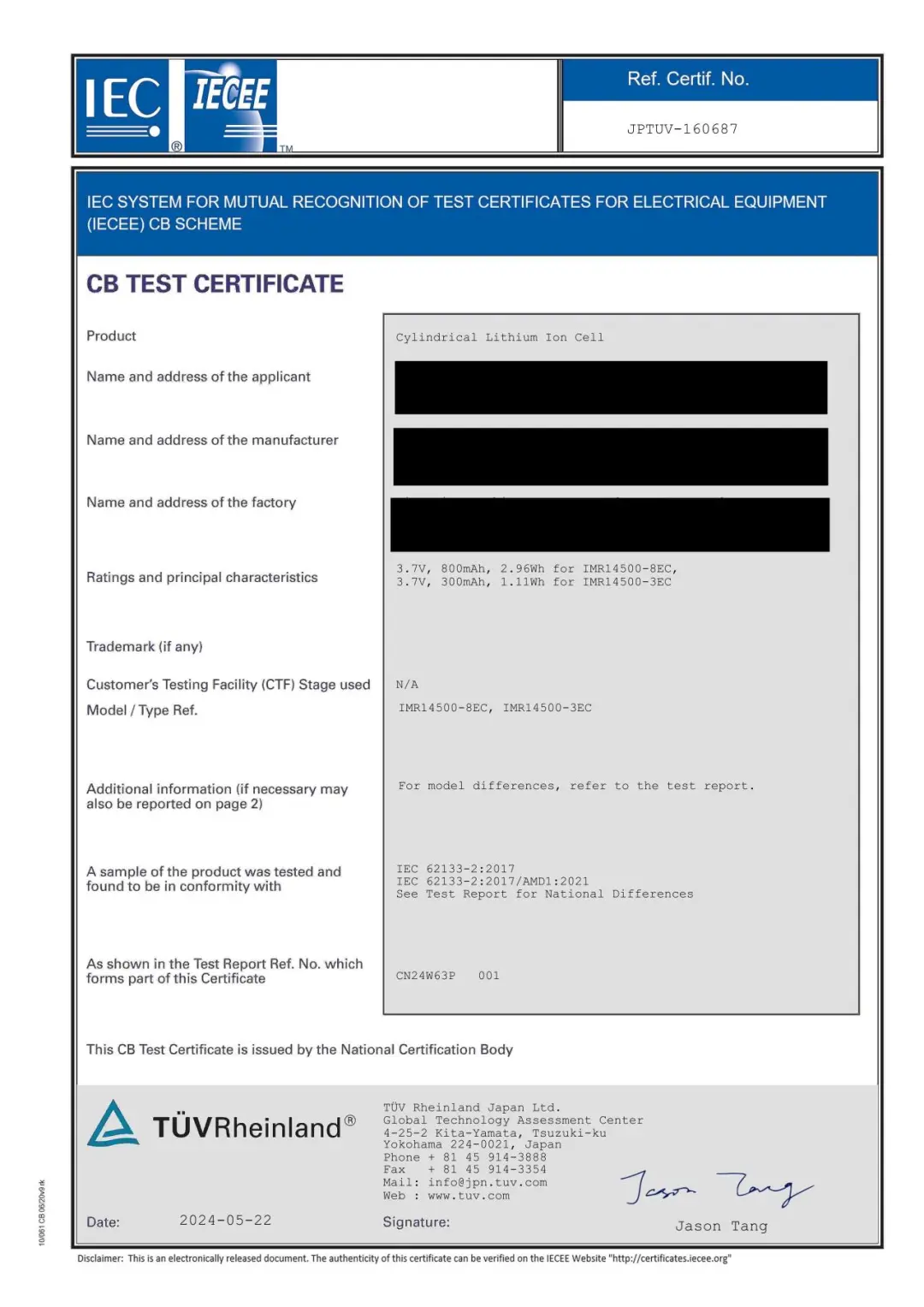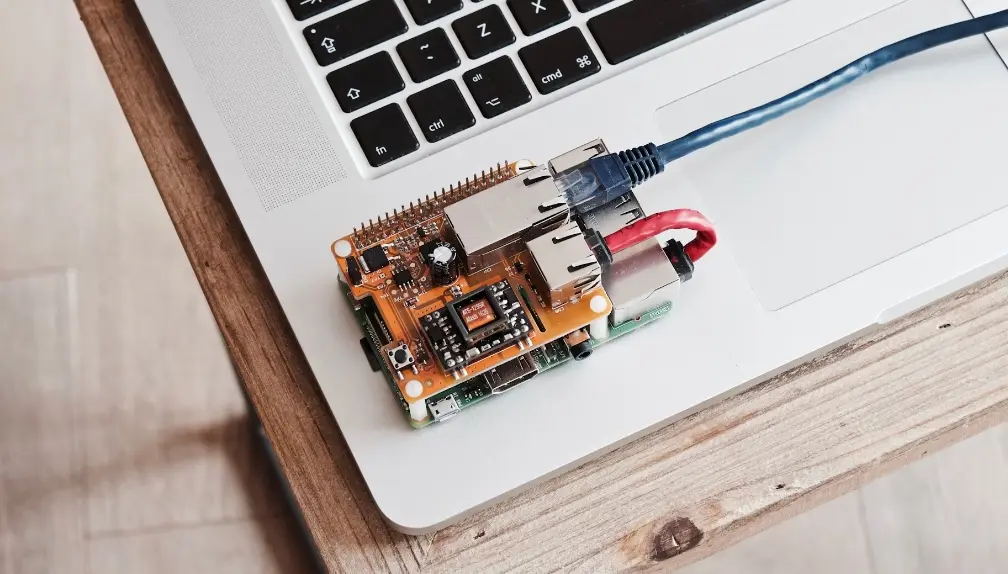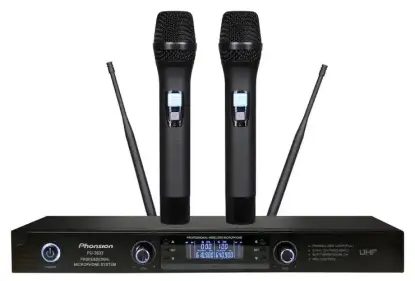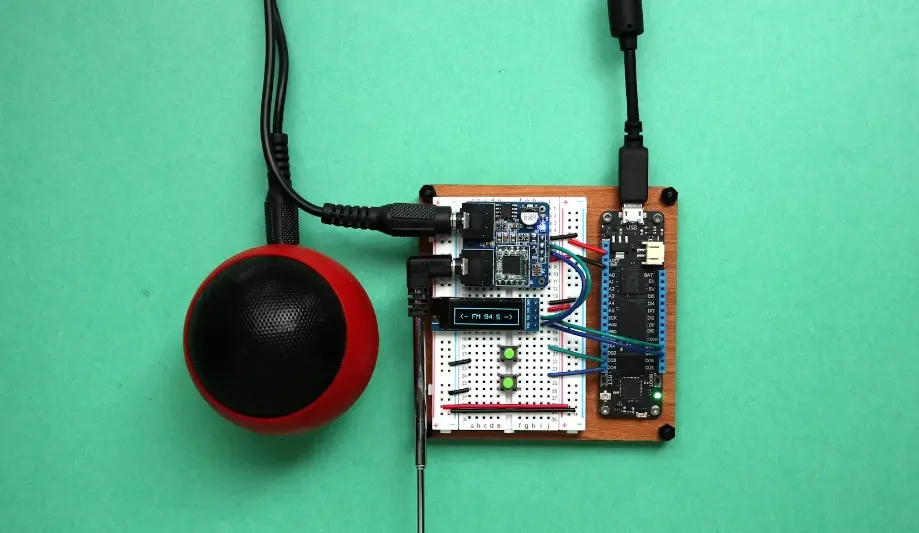
What is Battery CB Certification?
What is CB?
CB is a system established by the International Electrotechnical Commission (IECEE), aimed at providing a cooperative pathway for safety certification bodies involved in this scheme. It facilitates mutual recognition of CB Certificates (CBTC) and cb test Reports (CBTR) issued by participating bodies, which serve as a reference for issuing national certification marks or standards.
Currently, 53 countries globally are members of the CB system, spanning the Americas, Europe, Asia, Australia, and Africa. Multilateral agreements exist between National Certification Bodies (NCBs) of these countries, allowing manufacturers to obtain national certifications from other CB system member countries based on the CB Test Certificate issued by an NCB. The CB system is based on international IEC standards. If a member country's national standards differ from IEC standards, national deviations are allowed but must be disclosed to other members.
Why Obtain Battery cb certification?
1) **Direct Recognition or Approval**: With a CB Test Certificate and Test Report, your product can be directly exported to certain countries.
2) **Certificate Conversion**: A CB Certificate can be directly converted into a national certification of a member country. By providing the CB Certificate, Test Report, and a report covering any national deviations (if applicable), redundant testing can be avoided, reducing certification time.
3) **Ensuring Product Safety**: CB certification tests account for both normal and foreseeable misuse of the product. Products that pass CB certification demonstrate compliance with safety requirements.
Common Certification Standards:
- IEC60086-4: Safety of lithium primary batteries
- IEC62133-1: Alkaline or non-acid electrolyte cells and batteries for portable electronic products - Nickel systems
- IEC62133-2: Alkaline or non-acid electrolyte cells and batteries for portable electronic products - Lithium systems
- IEC62619: Alkaline or non-acid electrolyte cells and batteries - Safety requirements for industrial lithium secondary cells and batteries
Test Items:
- Cl. 5.6.2 Design recommendation
- Cl. 7.1 Charging procedure for test purposes (for Cells and Batteries)
- Cl. 7.2.1 Continuous charging at constant voltage (cells)
- Cl. 7.2.2 Case stress at high ambient temperature (batteries)
- Cl. 7.3.1 External short circuit (cells)
- Cl. 7.3.2 External short circuit (batteries)
- Cl. 7.3.3 Free fall (cells and batteries)
- Cl. 7.3.4 Thermal abuse (cells)
- Cl. 7.3.5 Crush (cells)
- Cl. 7.3.6 Over-charging of battery
- Cl. 7.3.7 Forced discharge (cells)
- Cl. 7.3.8 Mechanical tests (batteries)
- Cl. 7.3.9 Design evaluation – Forced internal short circuit (cells)
- Cl. 8.2 Small cell and battery safety information
Testing Timeline:
1) Test Report: 2-3 weeks
2) CB Certificate Report: 4-5 weeks
Certificate Template:

Email:hello@jjrlab.com
Write your message here and send it to us
 What is FCC Class A vs. Class B?
What is FCC Class A vs. Class B?
 UL Standards for Electrical Equipment
UL Standards for Electrical Equipment
 Is UL Certification Required in the USA?
Is UL Certification Required in the USA?
 Wireless Microphone Export Certification
Wireless Microphone Export Certification
 Audio-Visual Products SNI Certification in Indones
Audio-Visual Products SNI Certification in Indones
 FCC-ID: Still Needed if Module is Certified?
FCC-ID: Still Needed if Module is Certified?
 FCC Certification Fees for Handheld Fans
FCC Certification Fees for Handheld Fans
 FCC Certification Testing for Smart Lighting Produ
FCC Certification Testing for Smart Lighting Produ
Leave us a message
24-hour online customer service at any time to respond, so that you worry!




